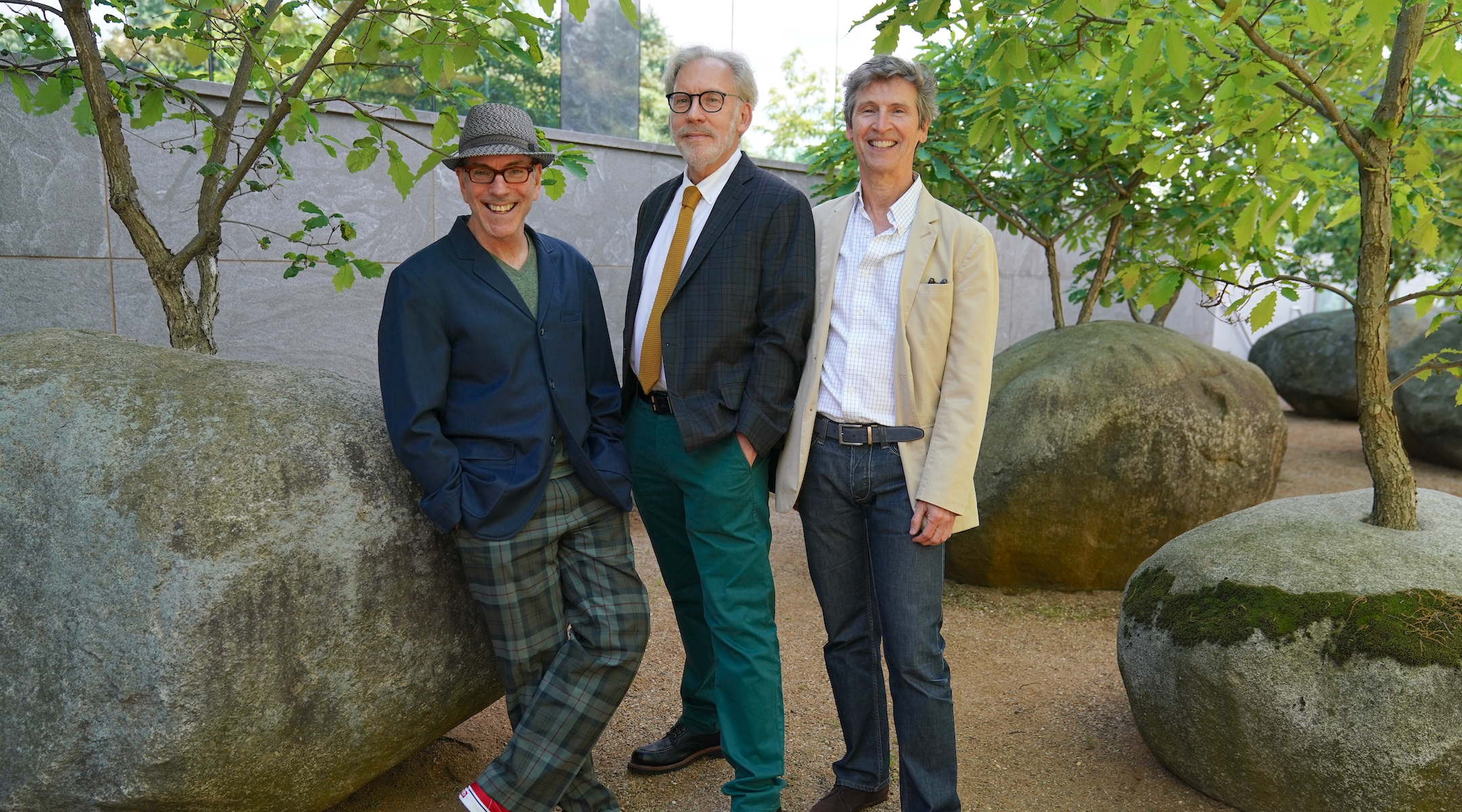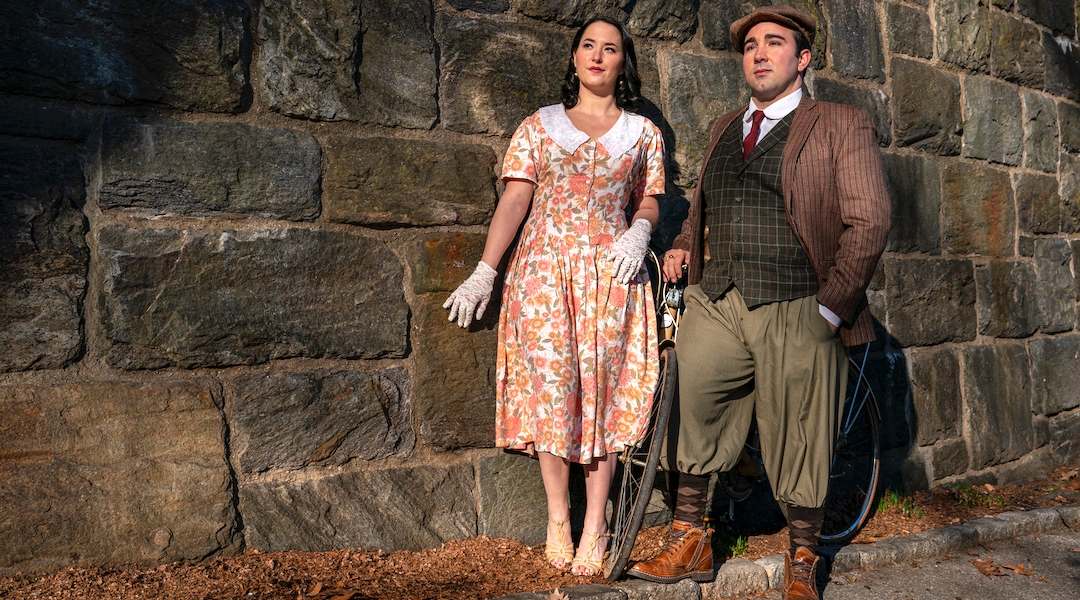(New York Jewish Week via JTA) — The Guardian recently called Vittorio de Sica’s 1970 film “The Garden of the Finzi-Continis” a “forgotten Italian masterpiece.” And yet, the lushly beautiful film, about a privileged Italian Jewish family on the eve of World War II, has long been on Jewish critics’ lists of best films about the Holocaust.
Based on a novel by Giorgio Bassani, the film won Oscars in 1972 for best foreign feature and best adapted screenplay.
And now, composer Ricky Ian Gordon has composed a new opera based on Bassani’s novel. Also titled “The Garden of the Finzi-Continis,” the opera, presented by New York City Opera and the National Yiddish Theatre Folksbiene, opens on Jan. 27 at Edmond J. Safra Hall in the Museum of Jewish Heritage – A Living Memorial to the Holocaust in Lower Manhattan. It features a libretto by Michael Korie and a 15-piece orchestra conducted by James Lowe.
Gordon — who has a second opera, “Intimate Apparel,” opening at Lincoln Center Theater this month — fielded The New York Jewish Week’s four questions about his process and his connection to the story of the Finzi-Continis.
1. The film version of “The Garden of the Finzi-Continis” was beloved starting from its release in 1970. Does the opera draw on the movie, or does it go directly back to the book? Were you eager or anxious to adapt a classic?
Gordon: We went back to the book because movies, by the pure nature of the medium, must rely on imagery, and opera must rely on dialogue that is set. Bassani in the novel fleshes out the people more, including having them talk!
2. What was the genesis of the project, and who had the initial vision that the novel could be adapted as an opera?
In 2008, Michael Korie and I had premiered the opera “The Grapes of Wrath” [with Minnesota Opera] to enormous success and we were looking for our next project. I saw the de Sica film about every five years since I first saw it when I was 15, and rewatching it during this period of searching, the movie had a cathartic effect on me. And in a moment of clarity I realized it was what Michael and I needed to write. We are both Jewish and had a lot of inner turmoil about what that meant, and even then we could see the rise in antisemitic sentiment. Now, with what feels like an encroachment of autocratic tendency and hate speech in this country and the world around it, the story seems to have even more cogency.

Composer Ricky Ian Gordon, librettist Michael Korie and conductor James Lowe bring their new opera “The Garden of the Finzi-Continis” to the Museum of Jewish Heritage in Lower Manhattan. (Sarah Shatz)
3. Why opera? What does it lend to telling the story?
The story is about big, fat emotions and that is opera’s specialty. It seemed like everyone in this story would have something to sing about!
4. Tell me about the musical ideas. Are there certain Italian, Jewish or period influences that the score draws upon?
I drew upon my Jewish youth and teachings but, also, I have been obsessed with opera since I was 8 years old. I would say I put my love of Puccini and my mother’s Yiddish singing — she was a singer and comedian in the Borscht Belt [under the name Eve Saunders] — in a blender and came out with this score.
Bonus question: What is the work’s message for today, so many years after the events depicted?
The New York Jewish Week brings you the stories behind the headlines, keeping you connected to Jewish life in New York. Help sustain the reporting you trust by donating today.





